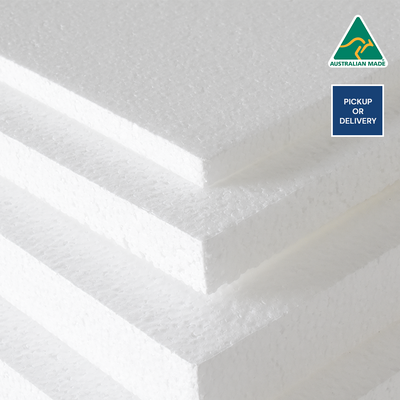Expanded Polystyrene (EPS), commonly known as Styrofoam, is a lightweight and versatile material that is widely used in packaging, construction, and foodservice industry. While EPS offers many benefits, there is ongoing debate regarding its environmental impact. Some argue that EPS is harmful to the environment, while others believe that it is a sustainable option. In this article, we will explore the facts and fiction surrounding the environmental impact of expanded polystyrene.

The Production Process
To understand the environmental impact of EPS, it is essential to examine its production process. EPS is made from a petroleum-based raw material called styrene. During production, styrene molecules are polymerized and expanded using steam, resulting in the formation of small beads that are then molded into various shapes.
Energy Consumption
Another aspect of EPS production that is often criticized is its energy consumption. The process of polymerization and expansion requires significant amounts of energy, primarily in the form of steam. Critics argue that this energy consumption contributes to the depletion of natural resources and increases greenhouse gas emissions.
Recycling and Waste Management
One of the most significant concerns surrounding EPS is its impact on waste management. EPS is not biodegradable and can persist in the environment for hundreds of years if not properly managed. This has led to the perception that EPS is a major contributor to plastic pollution.
Alternatives to EPS
Given the concerns surrounding EPS, many are advocating for the use of alternative materials. Some of the commonly suggested alternatives include paper, cardboard, and biodegradable plastics.
The Importance of Proper Disposal
Regardless of the material used, proper disposal is paramount to minimizing environmental impact. This applies to EPS as well. If EPS ends up in the environment, it can pose a threat to wildlife and ecosystems. It is essential for individuals and businesses to ensure that EPS waste is properly managed and disposed of.
Conclusion
The environmental impact of expanded polystyrene is a complex issue with both facts and fiction. While it is true that EPS production consumes energy and can contribute to waste management challenges, it is essential to consider the material's lightweight nature and recyclability.
